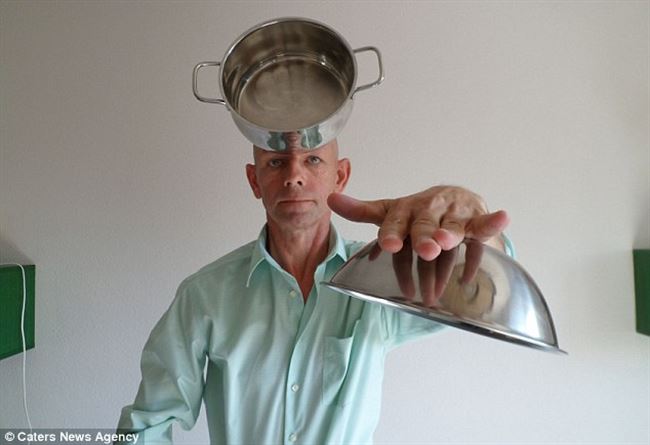Talk of treason has proliferated of late and with it a new quotation from Thucydides. A Trump adviser is quoted as suggesting Hillary should be sent to the firing squad for her alleged treachery. In Greece Prime Minister Tsipras is under fire for betraying his country to the IMF and the Europeans.
Now the web is abuz with treason talk from Thucydides, including this passage (called to my attention and translated from the Modern Greek by W. Gary Pence):
“A traitor is not only one who reveals state secrets to the enemies, but also that person who, while holding public office, knowingly fails to take the necessary measures for the improvement of the standard of living for the people over whom he governs,”
It is an obvious fake, and joins others pseudo-Thucydides, such as the whopper pointed out some years ago by Neville Morley in an article called “Thucydides Quote Unquote” in Arion 20.3. That fabrication reached the highest levels of policy formulation in Washington. This one looks more like a left-wing attack on Prime Minister Tsipras of Greece. To me, however, the interesting question is why people fabricate such “quotations” and ascribe them to Thucydides – or even more often to Winston Churchill or Mark Twain, as Mark Peters points out in “”(Mis)quotable Quotes” in the Boston Globe of August 14, 2014. We can even speak of quotation magnetism, that is, the tendency of false quotations to be ascribed to certain individuals. The ability to turn a telling phrase may account for such magnetism in Churchill or Twain, but not, I think, in Thucydides. But he brings, even at this remove, an unparalleled authority as someone who studied affairs in depth and told the uncompromised truth.
Fabrication is, perhaps then, the sincerest form of authority, but to me, the new “quotation” has a greasy feel to it, quite unlike the sandpaper grittiness of Thucydides himself. The greasiness I feel is a cowardly compound, formulated to get someone else to fight the fabricator’s battle. It’s a dirty trick that tries at the same time to inflict damage and to preserve the fabricator’s feeling of being above the fray, on the Thucydidean high ground, clean and pure. Cleanliness, in this case, is next to greasiness.

 RSS Feed
RSS Feed
